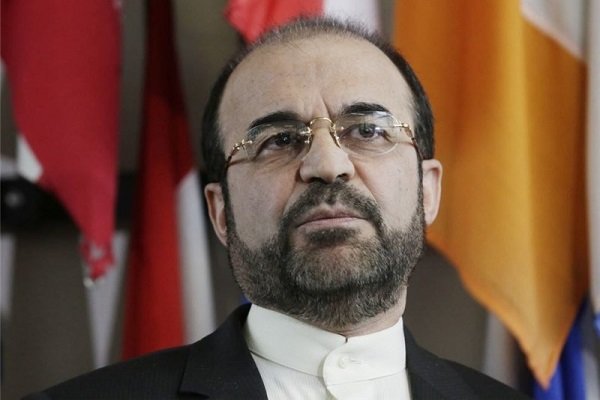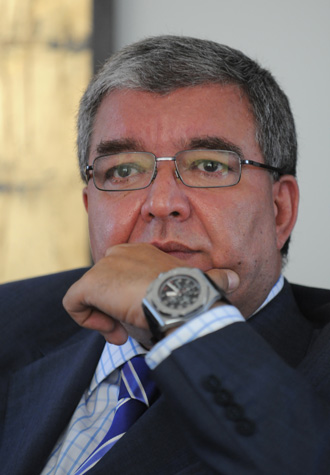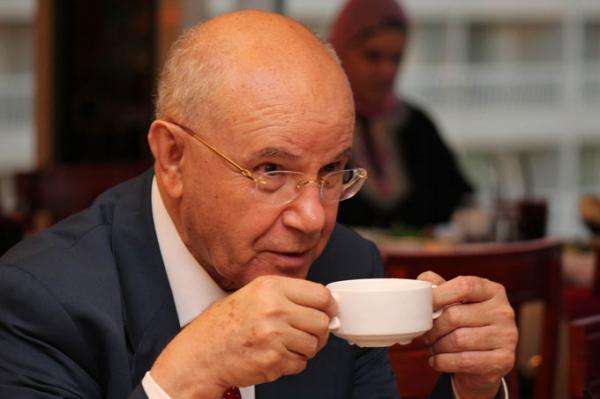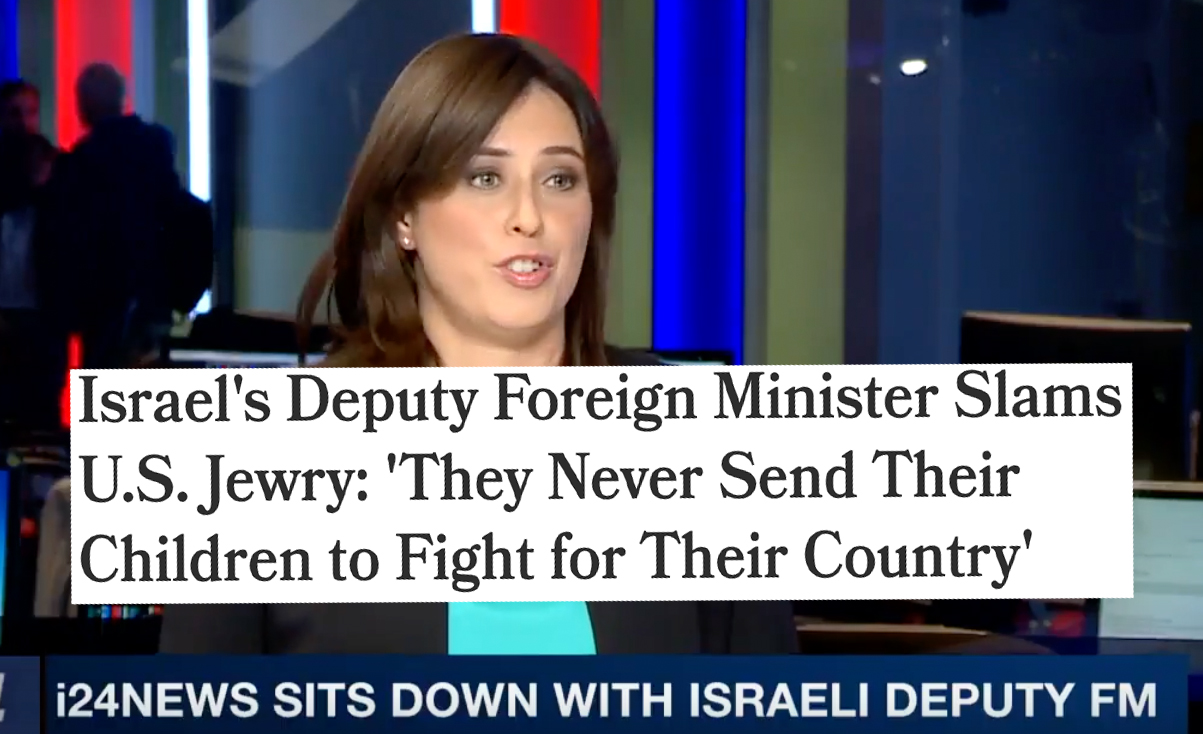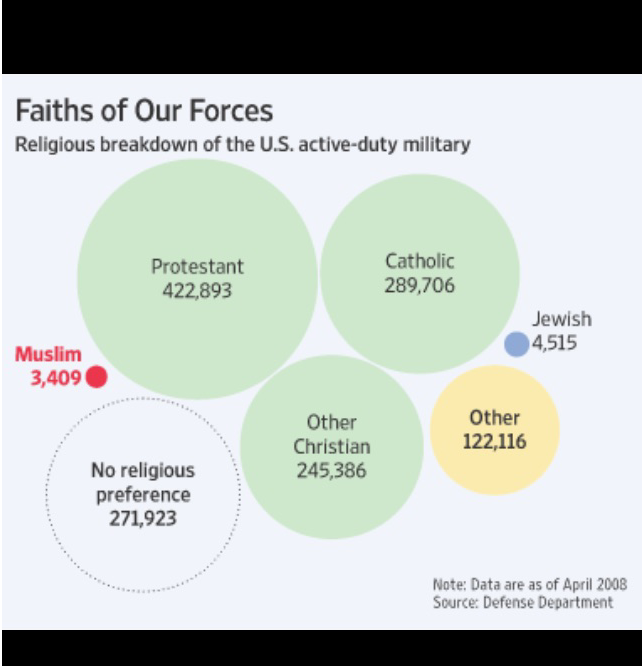November 23, 2017
Mohamed Bin Salman’s (MBS) royal Saudi coup is still in the making and its stories of mystery and intrigue are unfolding.
Some recent articles written about this unprecedented Saudi development have focused on whether or not MBS was actually desirous of instigating reform within the kingdom of sand and capable of putting together the infrastructure that made such reform possible and how. Other more cynical articles have cast little doubt on his ability to create any change and classified him as yet another puppet of the legacy that his grandfather King Abdul Aziz, the founder of the Saudi dynasty, has forged with the West. In between the two extremes, many perhaps waited in anticipation to see what was to happen next in the now quick-changing kingdom that did not change at all in essence for nearly a hundred years.
To put recent developments into perspective, we must objectively look at MBS’s achievements and failures since his rise to prominence; with a special emphasis on the developments of the last few weeks.
MBS has failed to turn previous Saudi Government failed policy on Syria to his advantage by distancing his own legacy from it. If anything, the outcome of the Syrian opposition conference that was held in Riyadh was a farcical outcome of Saudi diplomacy. Not only did this conference coincide with the 20th of November 2017 Putin-Assad Sochi victory summit, but it is still “demanding” the removal of Syrian President Assad from power.
The arrogant and seemingly naive Saudis seem to be still under the illusion that they are able to dictate terms of settlement of the “War on Syria” despite the fact that they have put all of their efforts into winning it but have lost decisively. However, the more painful fact for them is that they lost without a single bargaining chip remaining for them to capitalize on.
Whilst MBS can be “excused” for not being able to find a face-saving way out of Syria, he has failed abysmally in the war that he orchestrated in Yemen, and as this war drags on, the international community is beginning to wake up to the atrocities and genocide that the Saudi-led coalition is inflicting upon Yemen, and no one can be held more accountable for this military failure and crime against humanity than MBS himself.
MBS also failed to contain the loss he “inherited” from the failures of previous Saudi policies in Lebanon and Iraq. If anything, his determination to remain steadfast with these has turned regional Saudi policies into a total joke.
So where did MBS score any success, if any at all?
In my previous related articles and herein, I have mentioned and reiterate that MBS is increasingly gaining popularity within the ranks of young and educated Saudi men and women of all ages and in general amongst the grass-roots of the population. Hence, in this venture, he is scoring two birds with a single stone. In rounding up more popular support, he is confiscating and freezing badly-needed cash under the pretext of corruption.
The estimates of the number of incarcerated Saudi princes and businessmen are not any less subject to a game of guess work than the funds involved in this kerfuffle. Ignoring how many men have been put under detention, the tally of funds confiscated and frozen is estimated at a minimum of USD 150 bn to a maximum of USD 800 bn.
Given that the total official Saudi savings reserve is in the tune of “only” USD 700 bn after decades of high financial times, even the low estimate of USD 150 bn is a huge sum by proportion and by any proportion of course. It is little surprise that MBS is trying to replenish into the coffers of the state such sums, and if he manages to do it, it would be to his credit.
Whilst on the subject of official Saudi savings, after many decades of huge petroleum exports and at elevated prices, the Saudi savings reserve figure should be in the vicinity of a few trillion dollars. But a huge proportion of Saudi petro-dollars has been squandered on royal funds, holidays yachts, prostitutes, drugs, bribes, theft, corruption at all levels, and on this account and this account only, MBS can be acknowledged for bringing corrupt individuals to account.
But whether or not MBS is able to stamp out corruption and/or whether or not he is guilty of the same charge, as his cousins and some others argue, how much command does he have over the affairs of the kingdom, and over the royal family he staged a coup against?
Inside, unconfirmed reports allege that whether or not MBS has any command on traditional local troops that he can rely on, he is not taking any second chances.
To elaborate, the reader ought to be reminded that the Al-Saud legacy built its reign of power (and terror) on Wahhabism and money. Wahhabism was used as the doctrine, and money was the catalyst for buying loyalty and support.
With MBS’s purge on the royals, no traditional royal supporter with known wealth is left feeling safe. How can they feel safe if they hear reports of news of princes like Al-Walid bin Talal not only being in custody, but also getting tortured and his assets frozen and sieged by the state?
Recent inside information that was later on published in various media, reports that MBS has been using Blackwater to do his dirty work.
If those reports are true, MBS has hired Blackwater to arrest, with orders to kill whoever resists arrest, Saudi princes and high-ranking businessmen, and to answer to no one but him. In retrospect, the fatal shooting of Prince Abdul Aziz, son of former King Fahed, was highly unlikely to have been done by a Saudi as this would attract a death sentence in the event of the coup failing.
It has even been reported that Blackwater personnel are driving around in tinted Saudi Police and security agency personnel vehicles in a manner that is totally unbeknown and hidden from the Saudi public. This cannot be corroborated any more than they can realistically be dismissed.
If true, such reports indicate that MBS’s coup is not over. They indicate that he is not taking any chances, but most practically, they indicate that he trusts no one; no one expect Blackwater.
Most importantly and significantly however, such news, if confirmed, indicates that MBS does not have a true hold on power. If such is the case, and seeing the ambition he has, there is more reason to believe that MBS is going to have no choice but to go with his cousins all the way to the wire and until he has destroyed them all and confiscated all of their assets.
After all, he needs their money to achieve his dreams and get his kingdom out of its financial mess. He needs to blame his failure on them. He needs to eliminate any possible claim they can make for the throne.
Almost overnight, MBS has changed Saudi Arabia from a kingdom of sand upon which Al Saud reigned with a solid foothold and strong base, to a kingdom of quick-sand upon which princes and power brokers no longer have a leg to stand on. They either have to pledge total and unconditional loyalty to MBS or fear persecution. On the other hand, if they do pledge that loyalty, and MBS’s coup fails as a result of a counter-coup, then they will risk being seen as enemies of the winners of the counter-coup. It is a damned if you do and a damned if you don’t situation.
Not any less perplexing than the dilemma of the princes is the dilemma of the lower tiers of power in Saudi Arabia; especially senior military officers and their subordinates. With its tribal mentality, Saudi Arabia has had several tiers of armed forces, some of whom are loyal to particular princes rather than to the state itself. Prince Mutaib for example, the son of former King Abdullah, was until the 4th of November, the Minister of the National Guard. The hierarchy within the National Guard are loyal to him personally, and now the big boss is in jail. MBS therefore has a few options; either to coerce those military officers to become loyal to him under the risk of them stabbing him in the back, or, to throw everyone in jail and bring his own people in. But, where would he bring his own people in from and who are they to begin with? After all, and despite all the great power he gave himself, he is Mr Johnny-come–lately and he hasn’t had the advantage of time to slowly build his own army. His practical alternative was based on pragmatism and securing his own safety, and to that effect, he cannot find a more faithful and better trained army than Blackwater. And even though Blackwater does not come cheap, but clearly to MBS the objectives he seeks justify the costs.
Some may argue that Blackwater can also be bought by counter coup leaders and even foreign governments. Whilst this is possible, MBS remains to have no better alternative. However, one would imagine that for a company like Blackwater, to guarantee its business success and continuity, it would have a strict code of conduct that stipulates that it will refrain from entering contractual agreements that can generate conflict of interest between its clients. After all, and irrespective of its criminal and underhanded mercenary modus operandi, who would hire it knowing beforehand that it is in the habit of breaking contracts and replacing them with ones with the adversaries? Whilst it is arguable as to whether or not any client of Blackwater can actually take legal action against it and win is another story because, without any doubt, Blackwater, inhumane and criminal as it is, cannot afford to see its reputation ruined.
To sum it up therefore, whilst MBS’s coup is still in the making and its final outcome remaining unclear, what is evident is that MBS does not have enough local Saudi power base that he can rely on in the upper echelons of power. Whilst his grass root popularity among the general population is on the rise, traditional power brokers can neither be supportive of him, seen to be supportive or seen to be against him. Either way, and even though some of them could potentially become strong and faithful proponents of MBS, at the moment any pledges of allegiance are highly risky for all involved.
In his reliance on Blackwater however, MBS is achieving a more guaranteed short term objective. However, this policy can backfire very violently; because it is allowing certain key Saudi power brokers to sit on the fence for a little longer until they see who is the final winner in all of this for them to eventually back.
